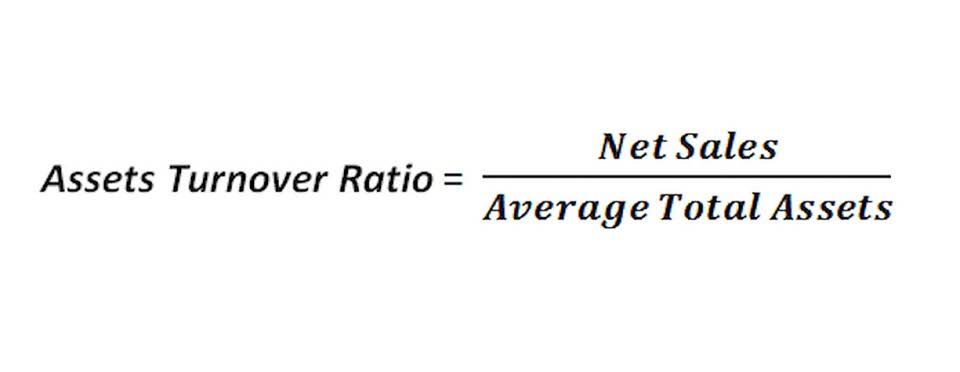
Revenue recognition in governmental accounting is distinct from the private sector due to the nature of government funding sources and the need for compliance https://kingolabs.com.br/florida-property-tax-calculator/ with legal and regulatory requirements. Governments receive revenues from various sources, including taxes, grants, and service charges, each with its own recognition criteria. The modified accrual basis of accounting, commonly used in governmental funds, recognizes revenues when they are both measurable and available. This means that revenues are recorded when they are collectible within the current period or soon enough thereafter to be used to pay liabilities of the current period. Governmental entities often use a modified accrual basis for their governmental funds, which recognizes revenues when they become available and measurable, and expenditures when the related liability is incurred.
What is Government Accounting Salary?

Financial analysis and interpretation are critical for understanding the financial health and performance of governmental entities. This process involves examining financial statements, ratios, and other financial data to assess the government’s fiscal condition and identify trends or issues that may require attention. Key financial ratios, such as the current ratio, debt service coverage ratio, and operating margin, provide insights into liquidity, solvency, and operational efficiency. Transparent financial reporting allows stakeholders, including citizens, investors, and oversight bodies, to understand the financial activities and condition of the government. This transparency is achieved through detailed disclosures and notes accompanying the financial statements, which explain the accounting policies, contingent liabilities, and other significant financial information. By providing a comprehensive view of the government’s financial activities, transparency fosters trust and confidence among stakeholders.

What’s included

Governmental and private sector accounting diverge significantly in their objectives and methodologies. While private sector accounting is driven by the goal of what are retained earnings maximizing shareholder value and profitability, governmental accounting is primarily concerned with accountability and the judicious use of public funds. This fundamental difference shapes the entire framework and approach of accounting practices in these two sectors.
- Follow Khatabook for the latest updates, news blogs, and articles related to micro, small and medium businesses (MSMEs), business tips, income tax, GST, salary, and accounting.
- Focuses on accounting and financial reporting needs of businesses and nonprofit organizations.
- Lastly, it involves combining concepts from previous modules to create comprehensive financial statements, from inception to disclosure.
- In governmental accounting, financial reporting conveys the financial health and operational outcomes of public entities to stakeholders.
- Government accounting is a specialized field where accountants and auditors work in the public sector to maintain, examine, and audit the financial records of federal, state, and local government agencies.
- It includes sections such as the management’s discussion and analysis (MD&A), basic financial statements, and statistical information.
- This type of accounting provides a more accurate picture of the government’s financial position.
Book Balance vs Bank Balance: A Guide to Financial Reconciliation
This focus on budgetary control is less pronounced in the private sector, where budgets are used more as internal management tools rather than as legally binding documents. Governmental accounting is grounded in a set of principles that ensure the integrity and transparency of financial reporting. Governments are accountable to their citizens for the proper management of public funds. This accountability is achieved through comprehensive financial reporting that provides a clear picture of how resources are allocated and spent. The principle of accountability is not just about legal compliance; it also encompasses ethical considerations, ensuring that public officials act in the best interest of the community.
- Governmental accounting differs from commercial accounting in several ways, the most significant of which is the focus on accountability to the public rather than shareholders.
- This transparency is achieved through detailed disclosures and notes accompanying the financial statements, which explain the accounting policies, contingent liabilities, and other significant financial information.
- GASB published a white paper (“Why Governmental Accounting and Financial Reporting is — and should Be — Different,” 2006) that provides an overview of the differences between governmental and business accounting principles.
- Special Revenue Funds are used to account for revenue sources that are legally restricted to specific purposes, such as grants or dedicated taxes.
- This means that revenues are recorded when they are earned and can be spent within the current fiscal period, providing a more accurate picture of the government’s financial position.
The discussion then shifts to governmental accounting, outlining its fundamental principles such as public accountability, legal compliance, and fund governmental accounting accounting. It explains the unique characteristics of governmental accounting, including the use of various fund types and the importance of budgetary accounting. The regulatory framework governing governmental accounting, primarily established by the Governmental Accounting Standards Board (GASB) and the Federal Accounting Standards Advisory Board (FASAB), is also examined. The chapter concludes by addressing the challenges faced by both public and governmental accounting, such as increased regulatory burdens, global competition, technological advancements, and ethical issues. Despite these challenges, the chapter underscores the ongoing demand for skilled accountants and the vital role they play in the financial health and transparency of both private and public sectors. The use of multiple funds necessitates a robust system of internal controls to ensure accuracy and prevent misuse.

Why is budgetary accounting important in governmental accounting?

Despite these challenges, public accounting offers a rewarding career with opportunities for growth and advancement. As businesses continue to grow and become more complex, the demand for skilled public accountants is likely to remain strong 12. The establishment of the American Institute of Certified Public Accountants (AICPA) in 1887 marked a significant milestone in the development of the profession. The AICPA played a pivotal role in setting professional standards and advocating for the interests of public accountants. Operates within the framework of governmental regulations applicable to public sector entities. Understanding its principles and practices helps stakeholders evaluate financial health and operational performance.